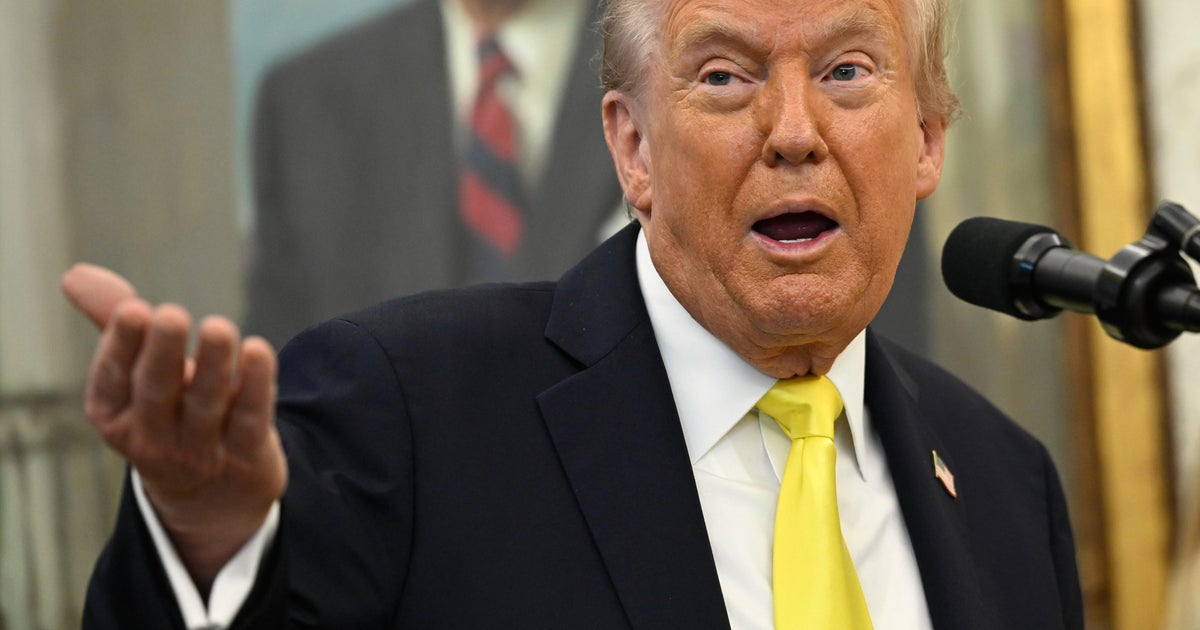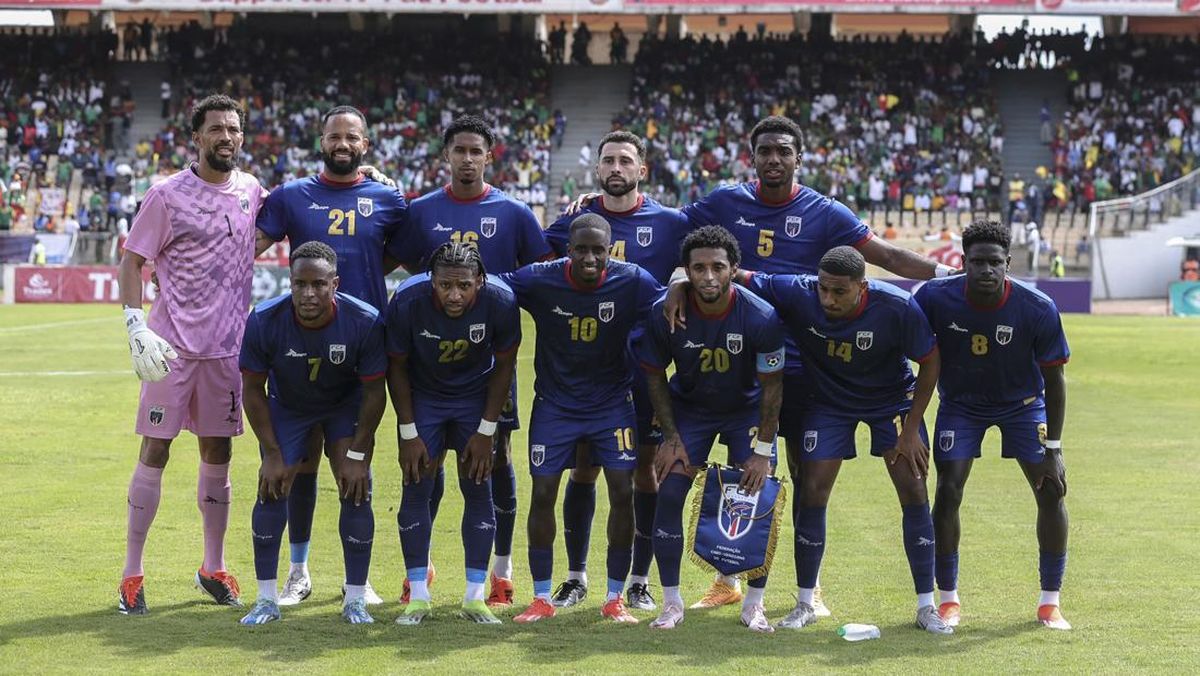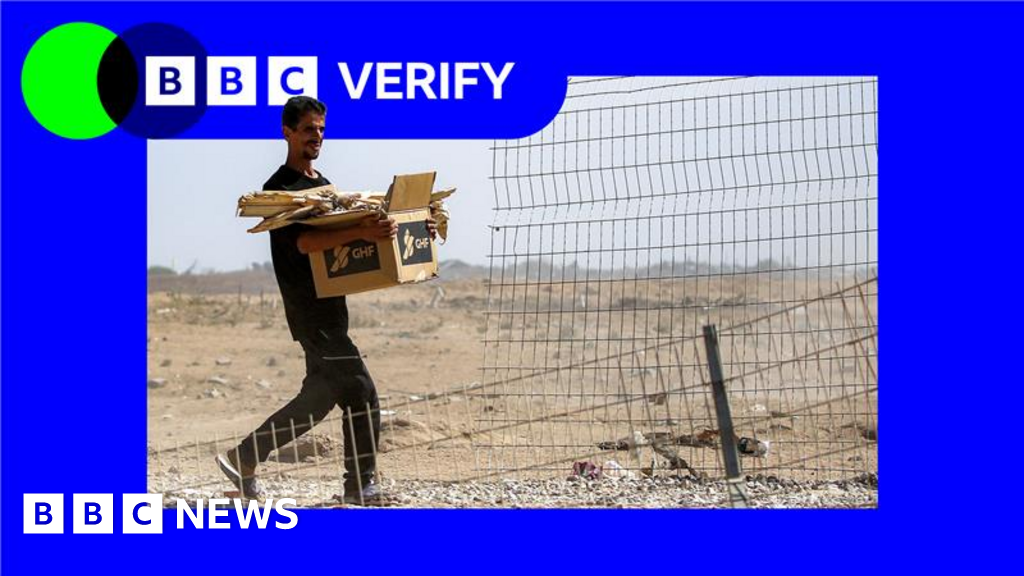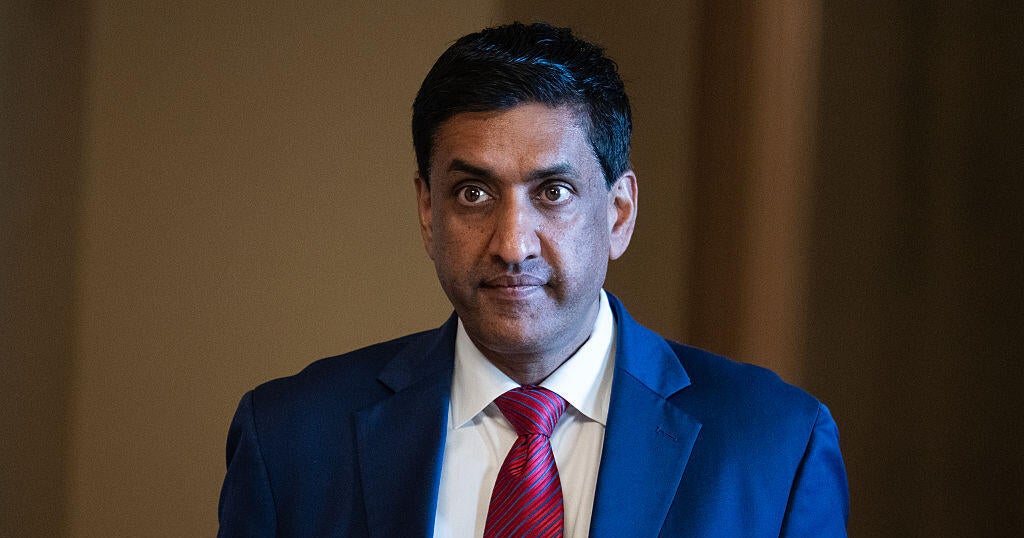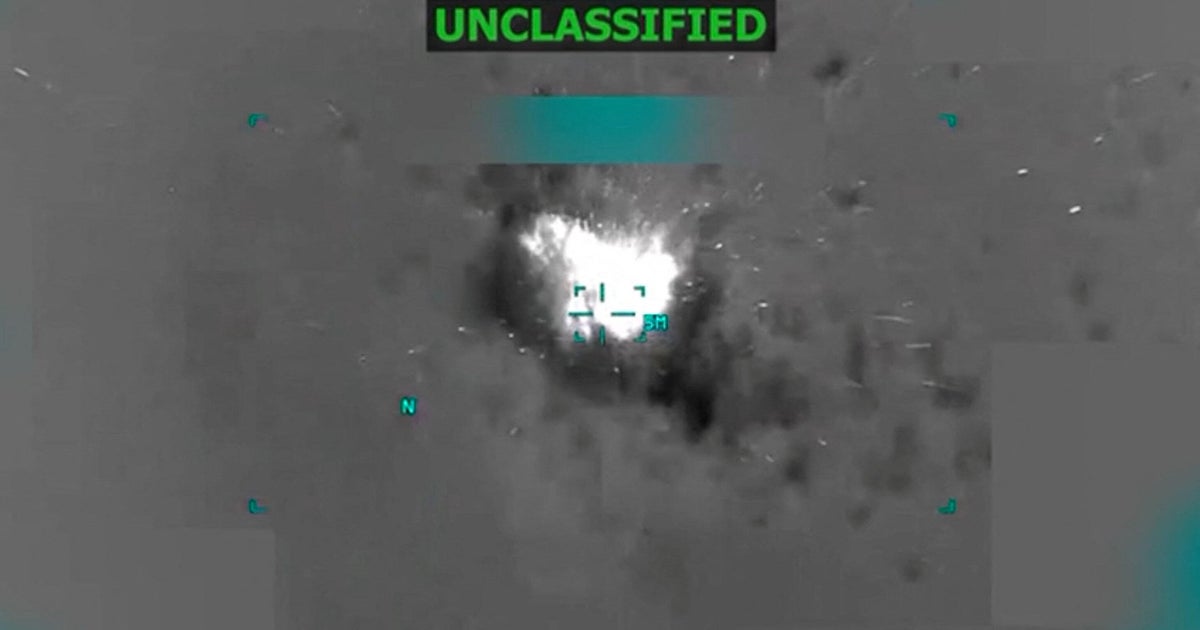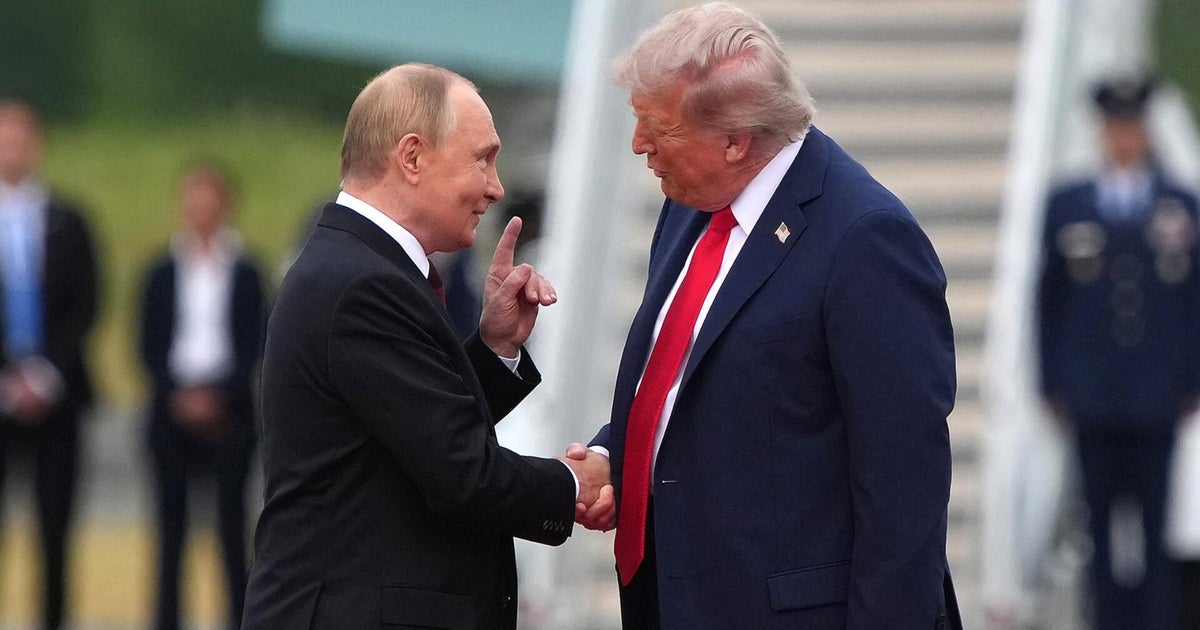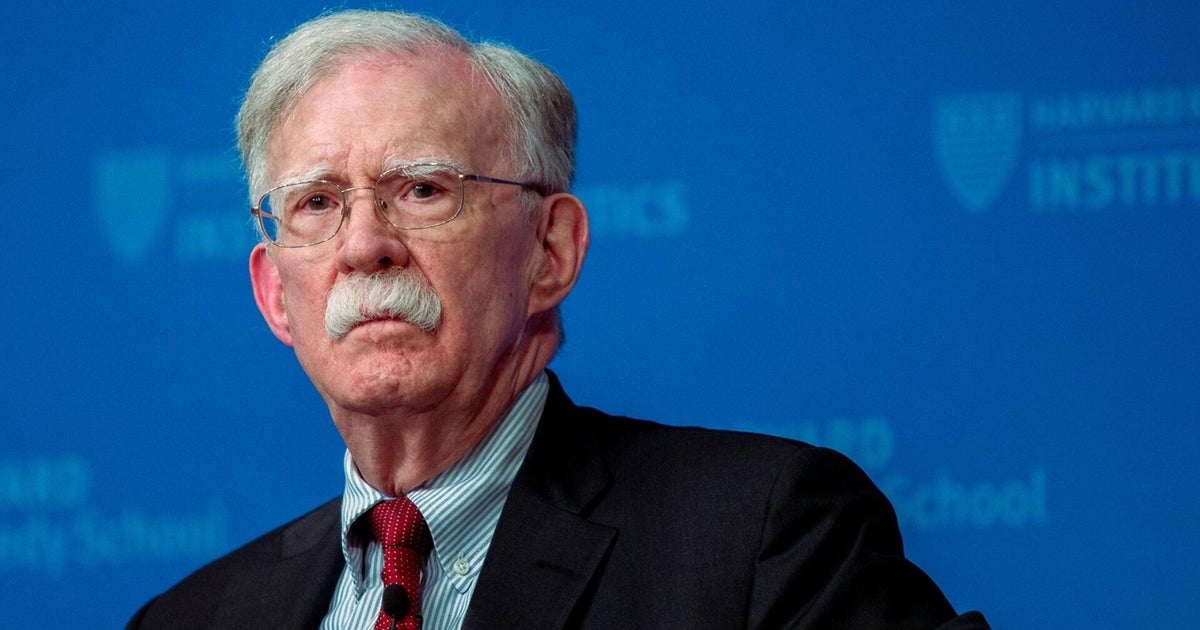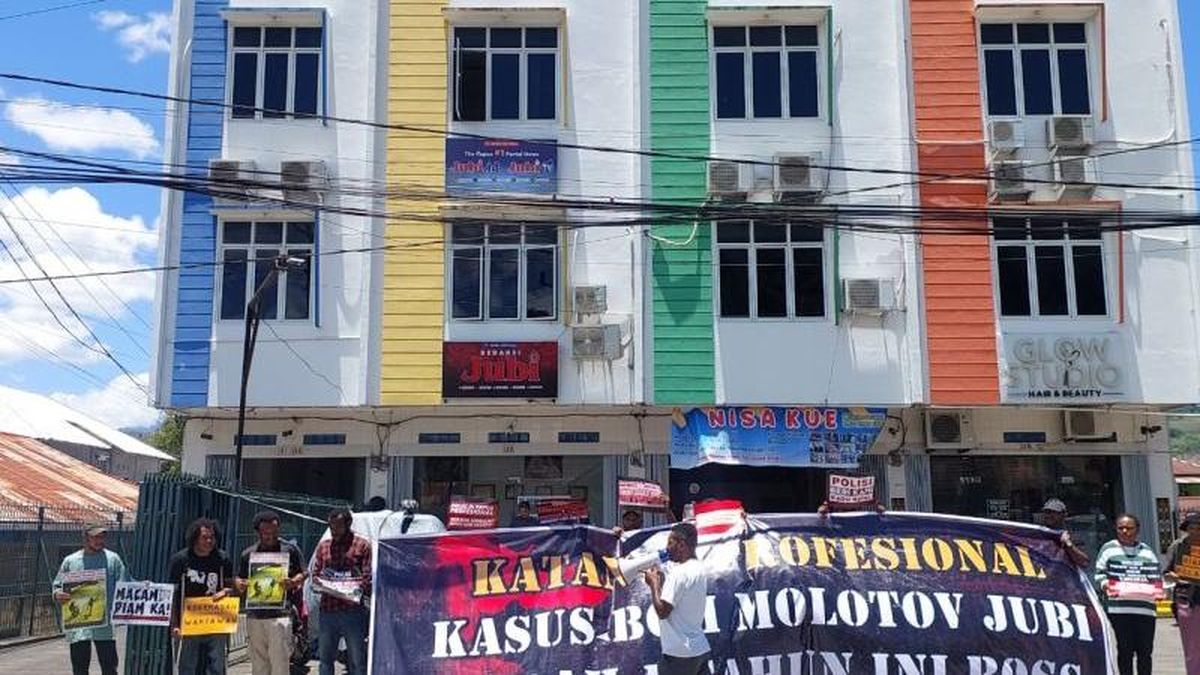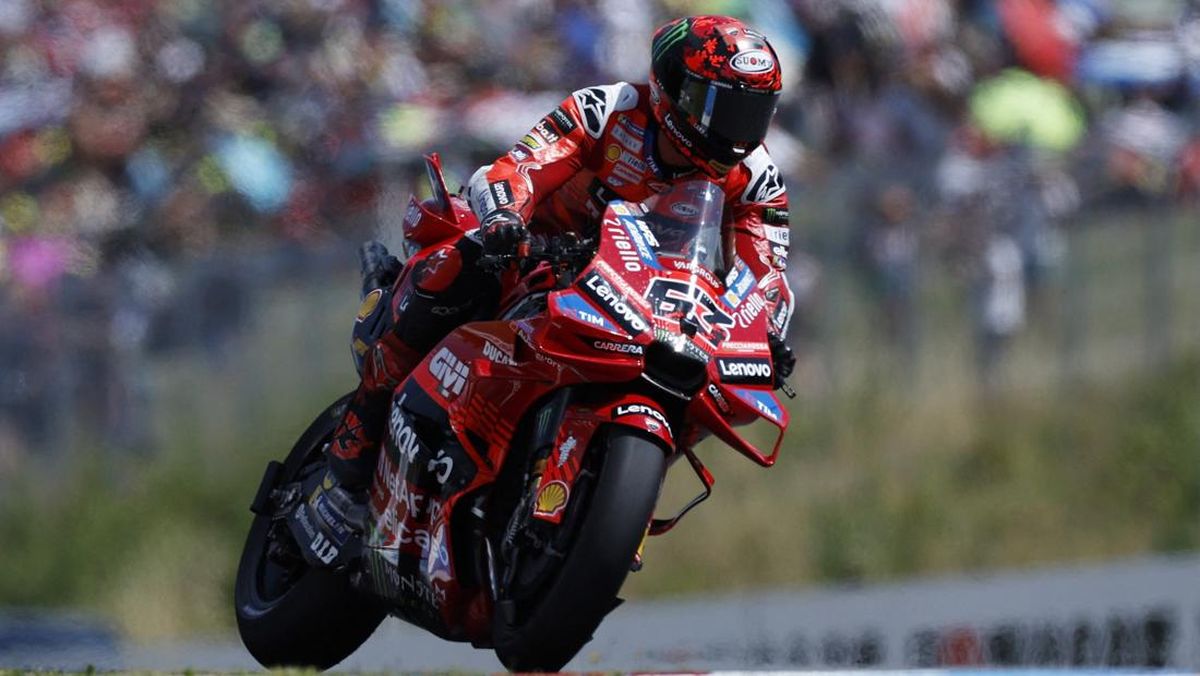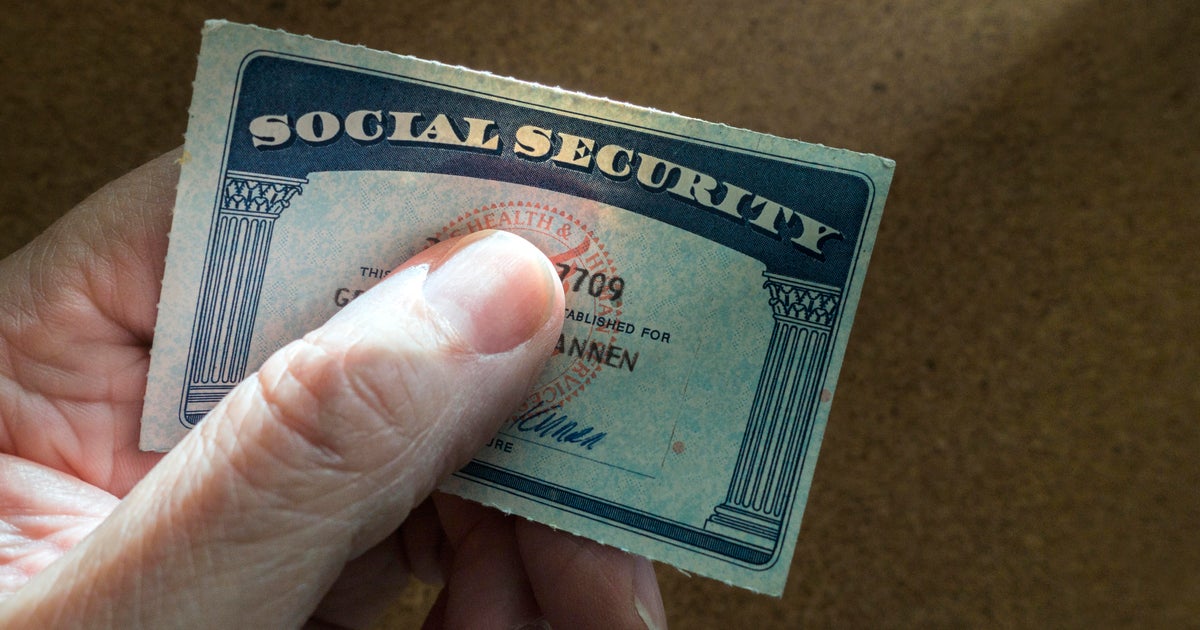In the dining room of his harbourside home, as his sons thunder down the hallway and an open fire crackles in the corner, Craig Marran sits at his wife Antonia’s old pianola and begins working the instrument’s pedals. He presses them towards the floor, one after the other, slowly and steadily. It’s physical work; “harder than it looks”, he says. The braille-like music scroll unwinds and the piano keys jump, as though a phantom pianist sits on his lap, and Ain’t She Sweet fills the house.
It is a retro soundtrack to the family’s Saturday bustle, accompanied by a robot vacuum buzzing on the floor, a Dyson firing up in another room (“You’ll think I’m vacuum-obsessed,” says Antonia Marran, with a sheepish laugh), and the banter of four young men, aged from 12 to their 20s, whose fishing and sport plans were ruined by rain.
The popularity of the pianola – a self-playing piano – peaked a century ago. They’re hard to find now, unless you’re close to the Marrans. “I can’t remember ever not having a pianola,” says Antonia. Her late parents loved music but her father, Antony Kidman, better known as Tony, couldn’t play the piano. At family singalongs, he’d pedal instead. Antonia remembers him sweating from the effort, and her mother, Janelle, teasing him about being off-key. “It was so much fun,” she recalls. “Everyone would be crowded around.” Their daughters have preserved the ritual. Their eldest, actor Nicole, has a few player-pianos, but it’s at Antonia’s house where the extended family still gather around the old instrument at Christmas.
Antonia is also the keeper of a more significant family legacy: that of the work of her father, who dedicated his career to health research and treatment. Antonia became a patron of the institute he founded, The Kidman Centre, which focuses on addressing the growing crisis of adolescent and youth mental health, after her father’s death in 2014. She then joined the board of The Antony Kidman Foundation, which raises money to fund the institute’s programs, with her husband Craig in 2022. She is in many ways her father’s daughter. Now she is making his work her own.
It’s a role for which the experiences of Antonia’s own life have prepared her well. A tight-knit family; the public heartbreak of her first marriage and the sudden death of her first husband; a mid-life love affair; the travails and joys of parenting a blended family of six children; and a late career switch to law, where she found a career fulfilment that had eluded her.

Antonia with husband Craig Marran and sons (from left) Alexander, Hamish, Nicholas and James.Credit: Tim Bauer
A supportive presence
When one member of a family becomes famous, residual star dust blows over the others, both exposing and obscuring. Antony Kidman’s pioneering psychology work may have made him better known if he had not been eclipsed by the fame of his eldest daughter. Instead, his story must be patched together from memories.
Antony grew up in Sydney’s Kirribilli, at the northern foot of the Harbour Bridge, which is now a wealthy suburb but was then working class. He was educated by the Jesuits at St Aloysius’ College. Their social justice teachings, along with his deep bond with his mother, Margaret – who earned money by turning their home into an unofficial childcare centre – made him an altruist and a feminist, says Antonia. “He had that sort of drive: to be fair and to care about people,” she says.
Antony juggled his studies with looking after his younger siblings (two sisters and a brother, who was later diagnosed with schizophrenia) and repeated his final year because he needed a scholarship to study science at university. “Things didn’t necessarily come that easily for Dad,” says Antonia.
He met the elegant, clever nursing student Janelle Glenny while at university and proposed. Her Protestant father, Arnold, did not approve of his Catholicism and offered her an overseas trip if she refused him. They wed anyway, in 1963. “She didn’t have a great relationship with her father,” says Antonia. “[Her parents] were quite conservative. She lived her life in a way that was quite different to how she was raised as a child.”
It was a strong marriage. “They enjoyed each other a lot,” says Antonia. “And that didn’t change. He was so loyal, and just absolutely adored her.” Not long ago, a friend of her parents from their time in the US (Nicole was born while Antony was doing his biochemistry PhD in Hawaii) sent Antonia some old video footage. “Nicole was, like, 12 months old. Mum’s a beauty. Dad’s hilarious. And it’s the most wonderful interaction between them.”
Antonia was born in 1970, while Antony was lecturing in biochemistry at Monash University in Melbourne. Two years later, he got a job at the old Gore Hill campus of the University of Technology, Sydney (UTS), and the family moved to Longueville, in northern Sydney on the banks of the Lane Cove River. The Overtons – a family of five, that shortly after became six – lived next door. The children grew into fast friends. They’d duck into each other’s houses through the gates in the back lane.

A young Antonia with her father, Antony; she remembers him as being a centrepiece of the family. “He was a nice presence for me.”Credit: Courtesy of Antonia Marran
Peter Overton, now a newsreader at Channel Nine (part of Nine Entertainment, owner of this masthead), remembers Antony leaning over the fence, “giving me his thoughts as I was teasing Nicole and Antonia and my sister Annette”, he says. “Something like, ‘Peter, enough’s enough, don’t put your surfboard in the pool.’ ”
Antony might have been pianolist-in-chief on those raucous nights, but he was also a quiet source of support for the young Kidmans and Overtons, well before he began specialising in adolescent mental health. “I can see myself sitting in the front lounge room of the Kidman house,” says Overton, recalling a crisis of direction during his university years. “I remember him [saying], ‘It’s OK to feel like this, you’re not unusual.’ ”
Annette Rechner, née Overton, who remains a close friend of the family, remembers Antony as a gentle, playful presence in a household of strong women. Janelle was practical and whip-smart. “She read The Sydney Morning Herald back to front, she knew what was going on everywhere,” says Rechner, while Antony was “a quiet navigator behind the scenes. He was very involved in their lives, growing up, and very supportive of the different avenues they followed. He was the perfect dad of girls.”
Research shift
Janelle’s breast cancer diagnosis in 1985 transformed the lives of the Kidman adults. Back then, survival rates were much lower, and it had travelled to her lymph nodes. “It just blew her away,” Antonia says. Researchers overseas were drawing links between stress and cancer, so Janelle, a nurse educator, gave up work, and Antony’s interest shifted from the body to the mind. “The first area within psychology that he worked in was breast cancer,” says Rachael Murrihy, director of The Kidman Centre. “That segue came from what had happened with Janelle.”
Antony went back to the US to train under Albert Ellis and Aaron Beck, pioneers of rational emotive and cognitive behavioural therapy (CBT). As psychology evolved, emphasis was shifting from Freudian psychoanalysis, which explores the unconscious elements of the mind, to shorter treatments such as CBT, which focuses on coping skills. Antony helped introduce the latter to Australia. “I constantly run into psychologists who trained under Tony,” says Murrihy.
In 1985, while he was researching muscular dystrophy, Antony set up the Health Psychology Unit at UTS’s Gore Hill campus, near Royal North Shore Hospital. He then did something unusual for an Australian academic – it was an idea he’d picked up in America – he raised money for it, too.
One of the first people he approached was Dick Smith, then the owner of a chain of electronic shops. “One day, a letter arrived and it was from a Tony Kidman,” Smith recalls. “I thought maybe I could help. Tony was not very well known at the time; Nicole would have been about five or six. I ended up giving him our first donation, which was $10,000.” Smith has supported the centre ever since.
‘It was like, “My god, I’m living again” ... There was a lot of relief. I liked being a single mum with four kids.’
In the late 1990s, the centre began research into whether psychological factors played a role in recovery from breast cancer. “Our study didn’t find any survival benefits,” says psychologist Sarah Edelman, who worked with Antony. “It was helpful for quality of life, but it didn’t prolong life.” In the early 2000s, Antony shifted the unit’s focus to another emerging area, adolescent mental health, as research began to show that most mental health problems – about three-quarters of them – start in the teen years. “He [Antony] was one of the first psychologists to go, ‘Well, this is where we need to put time and focus and resources,’ ” says Murrihy.
Motherhood model
It’s a sunny November day at Coogee, on Sydney’s eastern beaches, and a mix of Kidman Centre benefactors, psychologists, and university officials have gathered at a waterfront restaurant. One of the biggest donors, Nicole Kidman, is not there, but there are plenty of others, such as representatives of the Barbara Alice, Charles Warman and Vernon foundations.
Antony used to host these lunches, with Janelle by his side. But today the welcome is from Antonia, leaning on the skills of her television career as she emcees over lunch. In 2023, her daughter Lucia Hawley, a television presenter, was by her side.
Many of the long-term benefactors knew Antony and have watched his youngest daughter blossom as she moved from journalism to parenting to law, grappling with personal tragedies along the way. She can speak on the centre’s mission with the authority of someone who has experience with it herself, as a parent, a family lawyer, a reporter and, to a certain extent, a struggling adolescent.
Antonia admits she was not a model teenager, and tested her parents. “[I] probably didn’t care [about school] that much,” she says. “I was probably into friends, and going out, and into clubs and music.” Her parents resisted the common trap of taking her behaviour personally. “[Mum], and my father, too, are the two people who absolutely loved me unconditionally, so I could say things, and kind of be pretty horrible at times,” she says, before correcting herself. “Not horrible, but when you do your teenage stuff, or if you are anxious and your natural reaction is to lash out, I could do it with them.”

Antonia with her parents, Janelle and Antony, and sister Nicole. Of her parents’ marriage, Antonia says, “They enjoyed each other a lot. And that didn’t change.”Credit: Courtesy of Antonia Marran
Throughout her 20s, she was restless. She started a bachelor of arts degree, but didn’t finish it. She travelled. She worked as a reporter at Mode bridal magazine, and as a television reporter at the Today show, and on a short-lived Doug Mulray program. She moved to Newcastle to get on-air experience in news reporting. She liked those jobs, the buzz and excitement, but they didn’t offer the intellectual fulfilment that law would later bring.
All the while, her surname grabbed attention as her sister’s star rose in Hollywood. Gossip columnists spotted Antonia at boutique openings, fashion shows and the Cointreau Ball, but were most excited about her relationship with the dashing young businessman Angus Hawley, a one-time Cleo bachelor of the year, a longtime friend of Merivale boss Justin Hemmes and great-grandson of Grace Bros retailer Albert Grace. They married in the chapel of her old school, Monte Sant’Angelo Mercy College in North Sydney, in 1996.
The couple had four children together. Antonia had always wanted a big family since experiencing the bustle of the tight-knit Overtons. “I loved that noise,” she says.
The feeling of holding her first child, Lucia (now 27), in her arms “was amazing”, she says. “Smelling her, and her looking up at me. I love the responsibility that comes with [motherhood]. The stuff they bring to your life, as they grow. Their conversation, their chats – just knowing that they’re your people.”
James and Hamish followed. But the marriage was floundering. In early 2004, Hawley was admitted to a psychiatric clinic, which he later said was related to substance abuse. There was a tabloid magazine report of an affair with a school mum. Within days of the birth of their fourth child, Sybella, in early 2007, the marriage was over.
Antonia is hesitant to discuss details, but recalls the wisdom of her obstetrician. “[She told me,] ‘You’re actually fortunate that it ended the way it has ended, because you’ve been released from any guilt connected to it.’ I remember those words well.”
She concedes that life was easier as a single mother – she was lucky to have family support and financial independence – than in a difficult marriage. “It was like, ‘My god, I’m living again,’ ” she says. “[The] whole anxiety of that was gone … there was a lot of relief. I didn’t mind being – in fact, I liked being – a single mum with four kids.”
‘When I introduced Antonia and Craig, it was like they were in slow motion. Two moths floating to the light.’
Her parents were already key figures in the lives of the Hawley children – they were inside the labour suite at all but one of Antonia’s six births (Janelle was trained in midwifery) – but became even more so. Her father, she says, “was good with anxiety, and managing that”. She tried to emulate her mother’s no-nonsense approach to parenting; the way she could be warm and generous and supportive without compromising her values or surrendering her sense of self to the demands of motherhood.
She still applies those lessons. When her own children became teenagers, she remembered how Janelle always kept on top of what her daughters were doing, making no apologies for prioritising their safety. “I was pretty wild at times and I got through it, because in a funny kind of way, she was just there making sure she knew everything that was going on,” says Antonia. “I apply her as a role model entirely.”
A return to study
In late 2008, Antonia, then 38, and Annette Rechner flew to New York to visit Nicole. A bunch of Rechner’s friends from Sydney were there, and she’d arranged a night at the Soho Club. Word spread through Sydney’s North Shore high school alumni, reaching one, Craig Marran, then 41, who was in New York for a single night on his way back to Singapore. A thought struck Rechner; Craig and Antonia? “When I introduced them, it was like they were in slow motion,” Rechner says. “Two moths floating to the light together. You could see immediately that there was a connection.”

Antonia Marran with close family friend and childhood neighbour, Annette Rechner (nee Overton).Credit: Courtesy of Annette Rechner
Antonia liked that he was fit and smart, and a feminist. She loved his blue eyes. Most importantly, though, he was “just a complete person, and very happy with his life, and not needy and anything like that. He was self-aware enough to be really keen to be part of my life with four children.”
In early 2010, Antonia moved to Singapore with the kids (Hawley, who had remarried, did not object). “It was a calculated risk,” she says. “In hindsight it’s a pretty big thing, but I just knew that it would be OK. And it was.” In April 2010, they wed.
Craig had no children. He went from being a bachelor to a father of four, almost overnight. “I never thought I’d do that,” he says. “But never did I think I’d meet her. It just changed everything.” The children were young; Sybella was barely two. “It was very easy to gravitate to them, and they were welcoming to me as well. I didn’t find it a challenge ever, really. Every family has their moments, but we had a great time.”
Antonia says Craig’s even temper helped. “He’s like Dad,” she says. “Dad was very calm with babies. And if a baby’s crying, Craig’s not stressed about it. He was also ready for it.” They saw eye to eye on parenting, but he left disciplinary matters to her. Antonia stresses that while Craig brought a lot to their lives, the benefit wasn’t one-sided. “You’ve also got to remember the value children bring to a person, because we always look at [step-children] as being a burden. Our kids were at an age that when they moved, they were generous and open and loving.”
Craig and Antonia have two children together, first Nicholas and then Alexander. Antonia didn’t want just one child with Craig, nor did she want more than two. “I couldn’t have seven [in total] because I was sick of it by then,” she says. “Alex [was born] when I was 42 and it takes its toll on your body. From the time [I was 14 weeks pregnant], I felt as though I was about to give birth. I couldn’t have done another toddler.”

Antonia in 2008 at the Logie awards. Her career has included journalism, authoring books, TV presenting and law – which she says is the “end point” for her.Credit: Penny Stephens
Nicholas was born premature. It was then that Antonia decided to become a Marran. “I made a promise to myself, if everything is OK, I’ll change my name – I don’t know why,” she says. She now uses the name professionally and personally, but not because she felt burdened by “Kidman”. “It’s not intrusive for me,” she says. “The thing that hurts is when you get things written or said about you … I’m not that thick-skinned.”
With six children at home, and her contract with Foxtel [Antonia worked as a reporter and presenter] coming to an end, she remembered some advice her mother had given her: that women should have something of their own. So she finished her arts degree, majoring in history and writing, then wondered what to do next; perhaps another book (she’d already written two on parenting). Her mind kept going back to an article she’d read, in which a judge described law as a mix of history and writing. “And I thought, ‘That’s me.’ ”
Rachael Murrihy remembers Antony telling her about Antonia’s decision. “He never bragged about his kids, despite the fact that they’ve obviously achieved amazing things,” she says. “But the one thing I heard him really excited about was when Antonia went back to law. I think he saw a bit of himself in Antonia then. He was very, very proud of that, and how well she’d done.”
Loading
It was hard studying online while parenting six children. She’d sometimes call her mother, overwhelmed. As she recalls: “I’ve got all these kids carrying on, and six of them, and they’re young, and it’s hot, and they’re at home. Craig used to travel a bit, too. [Mum would] say, ‘Just do it, because you need to. You’ve got to have something at the end.’ She didn’t keep [working] and she regretted that, because she was too smart. I’d read her my essays, or tell her my marks, and she’d be so excited and enthusiastic.”
The juggle was hard, but she loved law. Everything was fascinating, from constitutional to criminal to company, but her first job offers came from family law firms. Some people find family law depressing: parents in conflict, children caught in the middle, people punishing those they once loved. Antonia doesn’t. “It’s high stakes and emotional, yes,” she says. “When those huge, formative aspects of your life are threatened, it can play out in different ways. I like parenting, and the high-conflict matters; being that steady hand, to help people through things, and provide them with some hope.”
‘The cannula was in my arm. I had my gown on. She said, “Dad’s dying. You’ve got to come quick.” ’
Craig Marran on a phone call from AntoniaShe now works at Mills Oakley, and her boss, Susan Warda, says Antonia is attracted to the high-conflict parenting matters others try to avoid. “It’s the sort of work where she rolls up her sleeves and really tries to educate the clients,” says Warda.
Antonia says she doesn’t let her own divorce influence her advice, but can empathise with the stress and sadness. “I had those wounds, and that insight,” she says, “but it’s not something that I [draw on in] my practice.”
Antonia has become a parenting co-ordinator, a new speciality that helps parents work within court orders to resolve conflicts; about dividing the holidays, say, or the suitability of children attending a funeral. “Antonia knows children,” says Warda. “Not only because she’s a mother of six; she also did a lot of work in that space, writing books about kids. Sometimes our clients are highly intelligent people, but in a state of trauma and stress they just need that hand holding.”
It’s part career, part vocation. “I fall in love with things and become consumed by them,” Antonia says. “But I think law is now the end point for me.”
Dealing with loss
Antony, Antonia. She’s not sure if she was named after her father, or if the similarity is happenstance. Either way, it was prescient; she is her father’s daughter.
Antonia sits in her dining room beside the open fire, fiddling with the gold chains around her neck, thinking about the likenesses. She has his height, his leanness, his restless energy, which they both chose to channel into daily exercise. Antony had gym equipment in his office. “Yes, see, I would do that,” Antonia says, laughing. She has his nose, his oval face, the upper lip that curls slightly when she smiles. “The colour of my hair and eyes,” she says. But “I look like my mum crazily now”.
![“It was really important to Mum [that her daughters were close],” says Antonia. “She was always very connected to all of us. When your parents die, you realise that there’s not many people who know you from when you were born.”](https://static.ffx.io/images/%24zoom_0.116%2C%24multiply_0.7725%2C%24ratio_1.5%2C%24width_756%2C%24x_0%2C%24y_31/t_crop_custom/q_86%2Cf_auto/6dec66f5161bbc80d2642ffe8d2336c74feb061a)
“It was really important to Mum [that her daughters were close],” says Antonia. “She was always very connected to all of us. When your parents die, you realise that there’s not many people who know you from when you were born.”Credit: Tim Bauer
Antony was naturally academic, but struggled with school; Antonia faced the same challenge. She has terrible handwriting, as did he. Antony was often vague – he wrote lots of lists – and Antonia can relate. “I sort of have to be a bit more structured and more aware of that,” she says. “We were probably a little similar in terms of our competencies, and the way our minds work. He was a nice presence for me.”
In September 2014, Antony flew to Singapore for a visit. Craig picked him up from the airport and dropped him off at the Tanglin Club, where he often stayed. The next day, Craig was about to have a knee operation, when he got a call from Antonia. “The cannula was in my arm,” he says. “I had my gown on. She said, ‘Dad’s dying. You’ve got to come quick.’ ”
He pulled the cannula out, took the robe off and raced to the club. Paramedics were giving Antony CPR, but he had already died of a heart attack. He had been a fit, healthy 75-year-old. “It was a huge shock,” says Craig.
The girls flew to be with their mother: Nicole from the US and Antonia from Singapore. “If you said to me, ‘What would you prefer: to have been there or not been there [at her father’s death]?’ I would always prefer to have been there,” says Antonia. “Because Nicole wasn’t, and I think that to be alone with thoughts and all of that stuff going on is just excruciating.”
Antonia says her father’s death rocked her more than her mother’s, whose health faded slowly until her death last year. “He was a centrepiece of [the family] … so when he died, we were left somewhat rudderless.”
It was the second shock for Antonia that year. A few months earlier, the father of four of her children, Angus Hawley, had died suddenly of a heart attack in New York.
Antony’s death was an enormous blow for Janelle. Antonia thinks she never recovered. “That’s the downside of having a very good relationship,” she says. “They were really in love. For her to lose her partner, and then for us to be away, that was really hard.”
Antonia’s family returned to Sydney just before the pandemic, and lived half a kilometre away from Janelle. It was difficult for her daughter to watch such a vibrant woman, once so engaged with the world – art, theatre, politics (Labor Party, Women’s Electoral Lobby), books (she tipped Nicole into Nine Perfect Strangers, which became a TV drama, and gave Antonia the idea for her From Here to Maternity show) – ebb away. Her death last September, while still devastating, released her from her pain.
This loss brought the sisters, always tight, even closer. “It was really important to Mum [that her daughters were close],” says Antonia. “She was always very connected to all of us. When your parents die, you realise that there’s not many people who know you from when you were born. They become even more important. My sibling knows me really well. I know that her love for me is unconditional, and I don’t know if there’s anyone else in the world who has that kind of love for me now.”
Legacy building
Antony’s death was a shock for his colleagues at the UTS Health Psychology Unit, too. He was heavily involved in the centre, with no plans to retire. He had clients. He wrote books and papers. He led the fundraising. He still visited cancer patients who were struggling with the stress of their treatment. “He was very comfortable sitting with people when they were really not OK,” says Murrihy. She stepped into the director’s role after Antony’s death.
The unit was renamed The Kidman Centre in 2018. It is now located at Sydney’s Prince of Wales Hospital, in a one-time ward lined with blond wood and colourful cushions to create a homey ambience for the young patients. There’s a room full of Antony’s books at the back and a photo at the front, with a plaque stating, “He lived to help others and we strive to continue his legacy.”
Janelle became involved in the centre after Antony died, attending events and supporting Murrihy. But the legacy is now Antonia’s to cultivate. She pitches to donors, attends programs – Craig recently helped run a course for educators in Alice Springs, teaching them how to spot signs of distress and what to do about it – and brings her own experience as a parent and family lawyer to the centre’s work.
Its particular focus is on helping schools address bullying – there are strong programs available, says Murrihy, but schools struggle to find and implement them – and on developing the skills of parents so they can raise robust, resilient children.
It recently released SuperParent Powers, a free online course for parents of 10- to 15-year-olds, which harnessed Antonia’s parenting experience as well as the presenting skills of Peter Overton and his wife, television personality Jessica Rowe.
“Before she finished the sentence [to ask for assistance], we said we’d help because that [memory of how Antony helped me] is anchored in me from 40 years ago,” Overton says. “I remember how it helped in terms of being able to be with your feelings; his voice in saying it’s OK to feel like this.”
Nicole is one of the foundation’s largest donors, says Murrihy, but “Antonia plays the active role. She’s really stepped into being the front person. The sense I get is that she’s very devoted to her family, and very involved in her work. She’s one of those people who gets on with it.”
The role is a sacred responsibility for Antonia. When Antony died, “I remember looking at him, and going … ‘I am going to honour you, in some shape or form,’ ” she recalls. “I think this is my way of doing it. It keeps him alive.“
To read more from Good Weekend magazine, visit our page at The Sydney Morning Herald,The Age and Brisbane Times.

